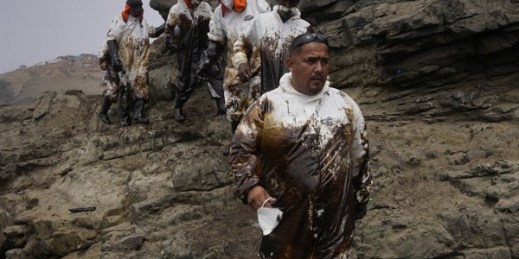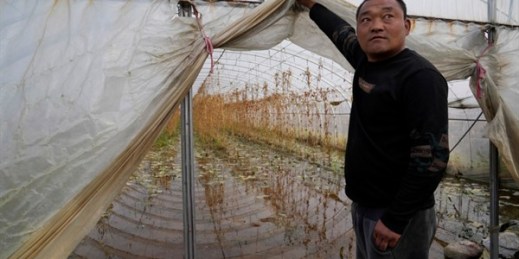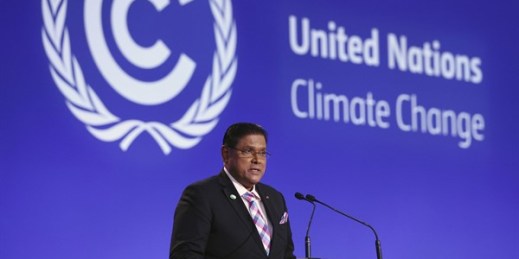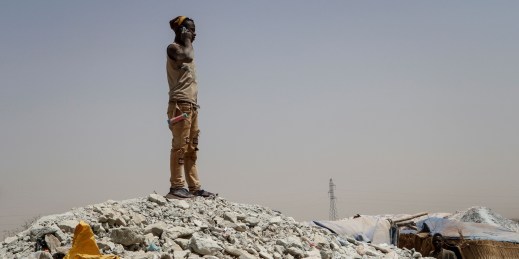
Half a century ago, MIT meteorology professor Edward Lawrenz famously posited that if a butterfly flaps its wings, it could ultimately trigger a tornado. The notion, which came to be known as the “butterfly effect,” aimed to illustrate how chain reactions in nature can be kicked off by unexpected events or phenomena, with unknowable consequences. Lawrenz would have found a fine case study for his work this week in events that started with a volcanic eruption in the South Pacific and led to dramatic results—political, social and economic—far away in Peru. Ten days ago, a volcano at the bottom of […]





